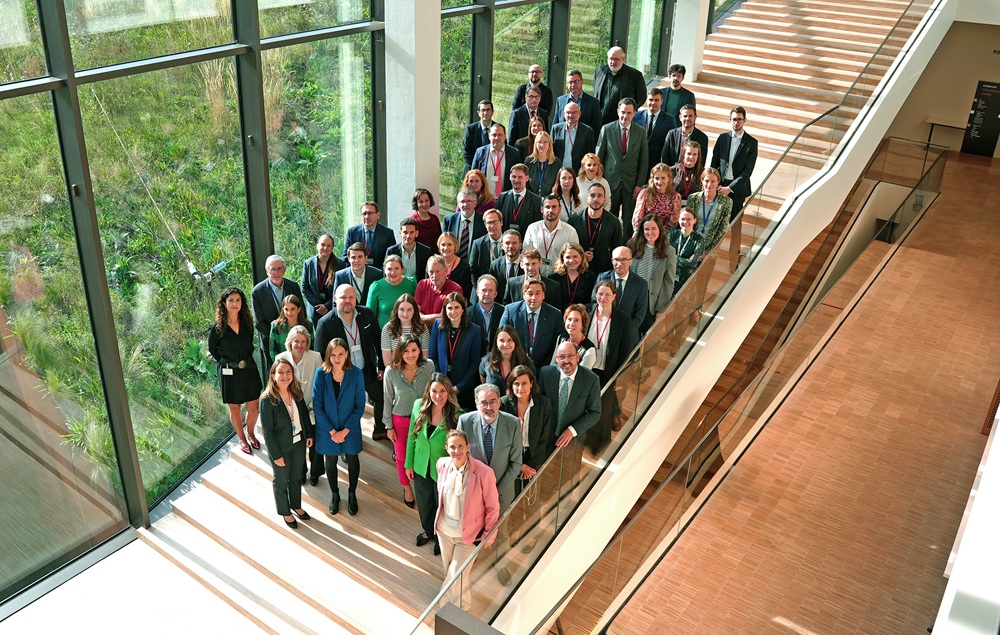
With the EU Electronic Evidence legislative package set to come into effect in August 2026, Eurojust's Cybercrime Working Group convened a crucial meeting this week to address the challenges and opportunities of its implementation.
From 30 September to 1 October, EU judicial practitioners, Ministries of Justice representatives, EJCN contact points, service providers, and representatives of the European Commission, the Council of Europe, and the EJN Secretariat gathered at the Agency’s headquarters for an exchange on this important topic.
The growing use of digital technologies by criminals to carry out their illicit activities has created a pressing need for judicial authorities and law enforcement to develop effective and efficient methods for collecting electronic evidence. The shift towards digital evidence has resulted in new legal and practical challenges, making it essential for judicial and law enforcement authorities to adapt and cooperate across borders.
The European Production and Preservation Orders will help address these challenges and enable swift and efficient collection of electronic evidence. These new legal instruments will provide judicial authorities with additional tools to effectively conduct criminal investigations. The meeting served as a key platform for raising awareness among practitioners and service providers about the imminent introduction of European Production and Preservation Orders, and facilitated a valuable exchange of ideas and concerns about the potential practical hurdles that lie ahead.
The two-day event included discussions on the implementation and future application of the e-evidence package, the identification of competent authorities under the e-evidence Regulation, and practical sessions on how to issue and handle European Production and Preservation Orders. The meeting also covered the role of Eurojust, the SIRIUS Project, as well as the EJN and the EJCN, in the context of the new legal instruments, and the use of the decentralised information system JUDEX for channelling European Production and Preservation Orders. Finally, participants were able to hear directly from service providers about the challenges they are facing on the upcoming application of the e-evidence package, including their designated establishments or legal representatives and relevant workflows on their end.
The meeting was an important step in enhancing cooperation and coordination among EU Member States, service providers, and judicial and law enforcement authorities, in order to effectively combat organised crime and ensure the collection of electronic evidence.

